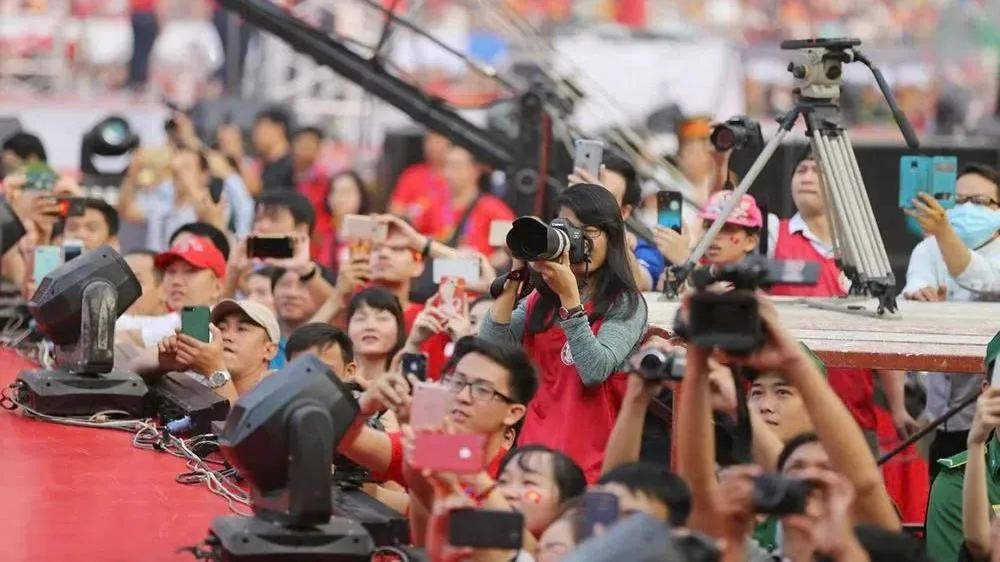
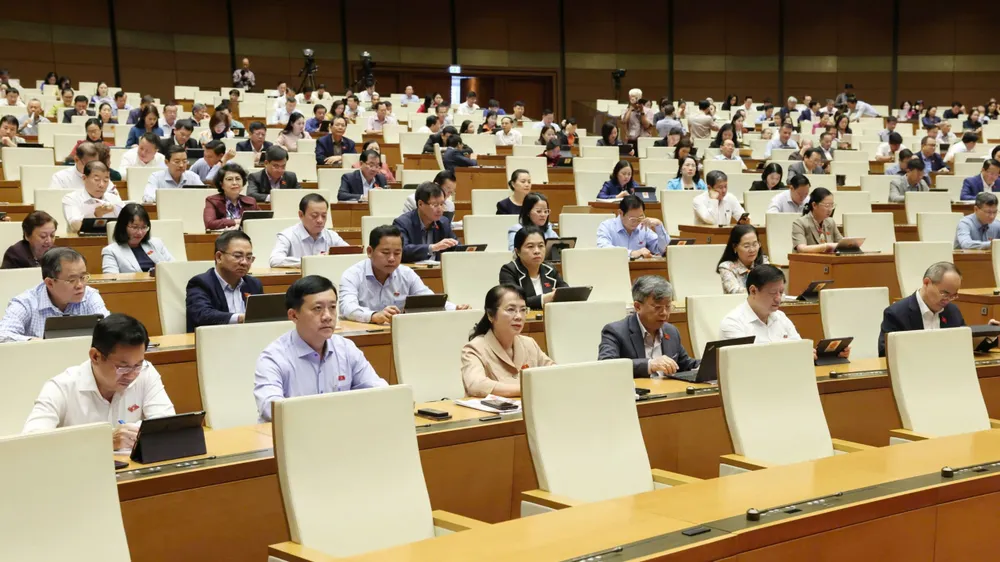
The report clearly states that the draft law stipulates framework issues, principled issues under the authority of the National Assembly, and frequently changing practical issues assigned to the Government , ministries, branches, and localities to ensure flexibility and suitability to reality.
Notably, the draft stipulates principles on operating models, press economics, and expanding the press's operating space to develop in the context of streamlining the political system's organizational apparatus, meeting information and propaganda requirements in the new era.
Accordingly, the following provisions are added: A key multimedia media agency is a press agency with many types of press and affiliated press agencies; has a specific financial mechanism according to Government regulations; is established in accordance with the Press System Development and Management Strategy approved by the Prime Minister.
Newspapers, radio and television agencies are press agencies under provincial and municipal party committees, with many types of press and press products.
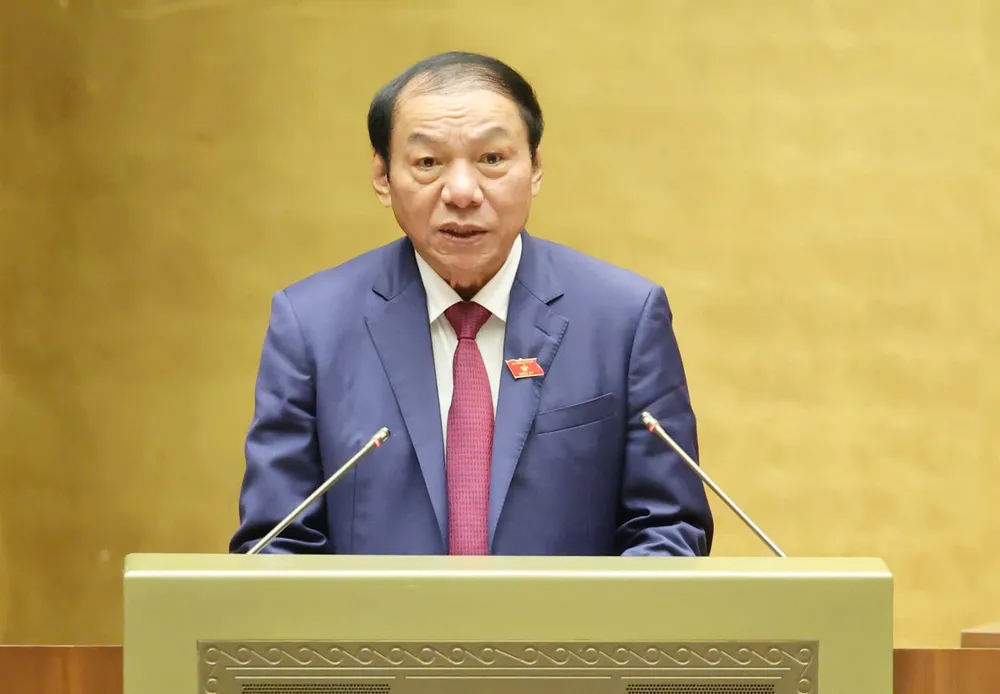
The draft also adds many regulations related to the activities of press agencies in cyberspace. Accordingly, the draft clarifies the concept of press publishing in cyberspace, including posting and broadcasting information on the official content channels of press agencies and on the national digital press platform. Press products published in this form are identified as official press products.
The draft also stipulates that the State invests in building a national digital press platform, digital data infrastructure, and developing human resources to serve digital transformation of the press, and assigns the Government to specify this content in detail.
Notably, press agencies are allowed to integrate online service activities on the electronic press platform, including: online public services and e-commerce such as finance, banking, insurance, education, healthcare and other utilities according to the law. In addition, electronic press can provide digital content services on demand, as well as exploit user data within the current legal framework.
In addition, the draft also adds regulations on new sources of revenue for press agencies to diversify financial resources, creating conditions to improve the quality of operations. Specifically, including: From selling the right to view and listen to press works; From licensing the exploitation and use of press works; From joint activities in the field of press; From providing public career services assigned by competent state agencies, ordered or through bidding; From people who need to publish scientific research articles, in order to serve the work of criticism, completion and improvement of the quality of articles.
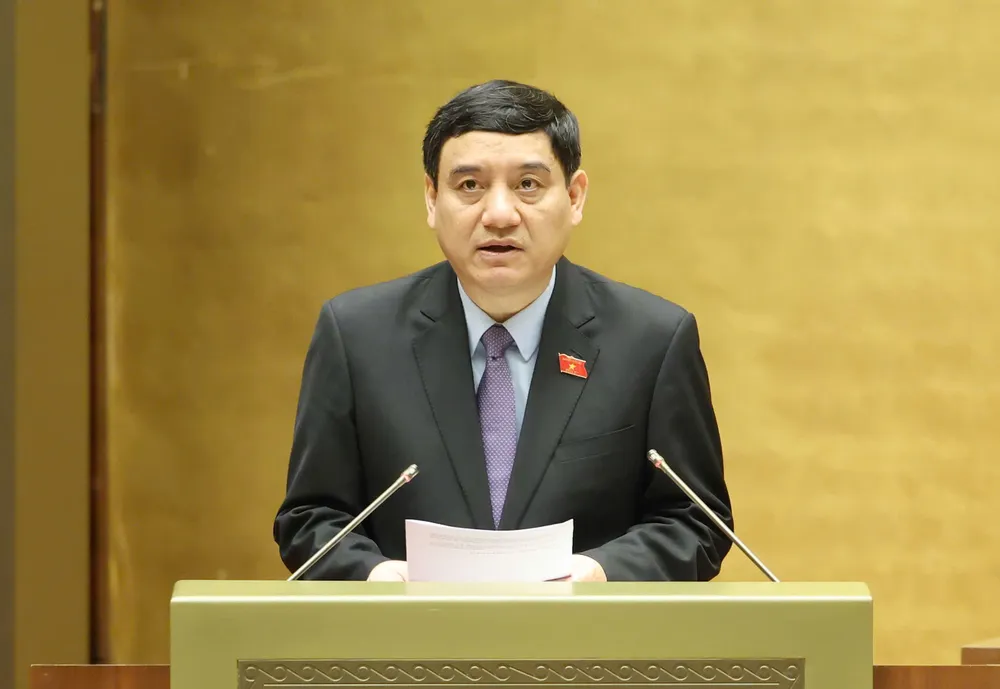
The review report presented by the Chairman of the National Assembly's Committee on Culture and Society, Nguyen Dac Vinh, affirmed that the amendment of the Press Law is necessary. The Committee basically agrees with the new contents, especially the creation of a legal corridor to promote the development of the press economy and diversify revenue sources to improve the quality of press activities in the new context. However, it is recommended to continue researching and clarifying the content, criteria for determining and the specific financial mechanism of key multimedia media agencies.
It is suggested that in addition to the 6 press agencies identified under Decision 362/QD-TTg in 2019 of the Prime Minister on approving the national press development and management plan until 2025, it is necessary to consider adding key multimedia press agencies in some localities or some units that have built prestige and have a certain position in press activities.
Regarding the subjects proposed for the issuance of press licenses, according to the examining agency, currently, in some cases, the activities of press agencies under social organizations, socio-professional organizations, and research institutes still have shortcomings, causing difficulties for state management. To overcome these shortcomings and limitations, the Committee agrees with the drafting agency on assigning the Government to specify the conditions for socio-professional political organizations and social organizations when requesting the issuance of press licenses.
Regarding the contents related to “press economy”, the Committee agrees with the regulations to create conditions for press agencies to have more revenue sources, increase financial resources to ensure and improve the quality of operations as in the draft law. However, it is recommended to continue to research, supplement, and clarify the concept of “press economy” and regulations related to public investment, autonomy mechanism, and regulations on revenue sources from business activities of press agencies.
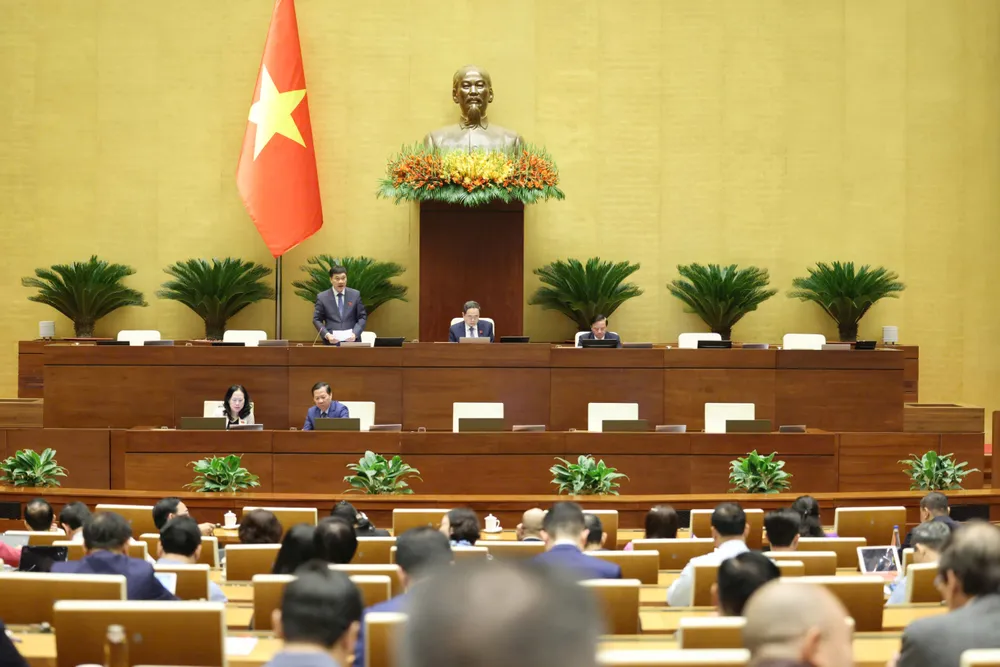
Regarding press activities in cyberspace, the Committee proposed to study and supplement regulations to promote press activities in cyberspace; supplement regulations on the legal responsibility of foreign social networking platforms in cases where the press agency's content channel in cyberspace is hacked or information is modified with illegal content; handle cases where illegal content appears on this channel; study and prescribe principles on the mechanism for implementing agreements and responsibilities of press agencies and relevant agencies and organizations in ensuring copyright and related rights for press works in cyberspace and press works using artificial intelligence.
Regarding the regulations on scientific journals, the majority of opinions agree with the provisions of the draft law, which includes scientific journals as a special type of press. In addition, there are opinions suggesting that scientific journals should not be included in the scope of this law but should be regulated in the Publishing Law because of the nature of this type of journal and according to international experience.
Source: https://www.sggp.org.vn/luat-bao-chi-sua-doi-mo-rong-khong-gian-hoat-dong-bo-sung-nguon-thu-cho-bao-chi-post819451.html


![[Photo] General Secretary To Lam and his wife begin their official visit to Bulgaria](https://vphoto.vietnam.vn/thumb/1200x675/vietnam/resource/IMAGE/2025/10/23/1761174468226_tbtpn5-jpg.webp)

![[Photo] Da Nang: Shock forces protect people's lives and property from natural disasters](https://vphoto.vietnam.vn/thumb/1200x675/vietnam/resource/IMAGE/2025/10/22/1761145662726_ndo_tr_z7144555003331-7912dd3d47479764c3df11043a705f22-3095-jpg.webp)
![[Photo] Comrade Nguyen Duy Ngoc visited and worked at SITRA Innovation Fund and ICEYE Space Technology Company](https://vphoto.vietnam.vn/thumb/1200x675/vietnam/resource/IMAGE/2025/10/23/1761174470916_dcngoc1-jpg.webp)
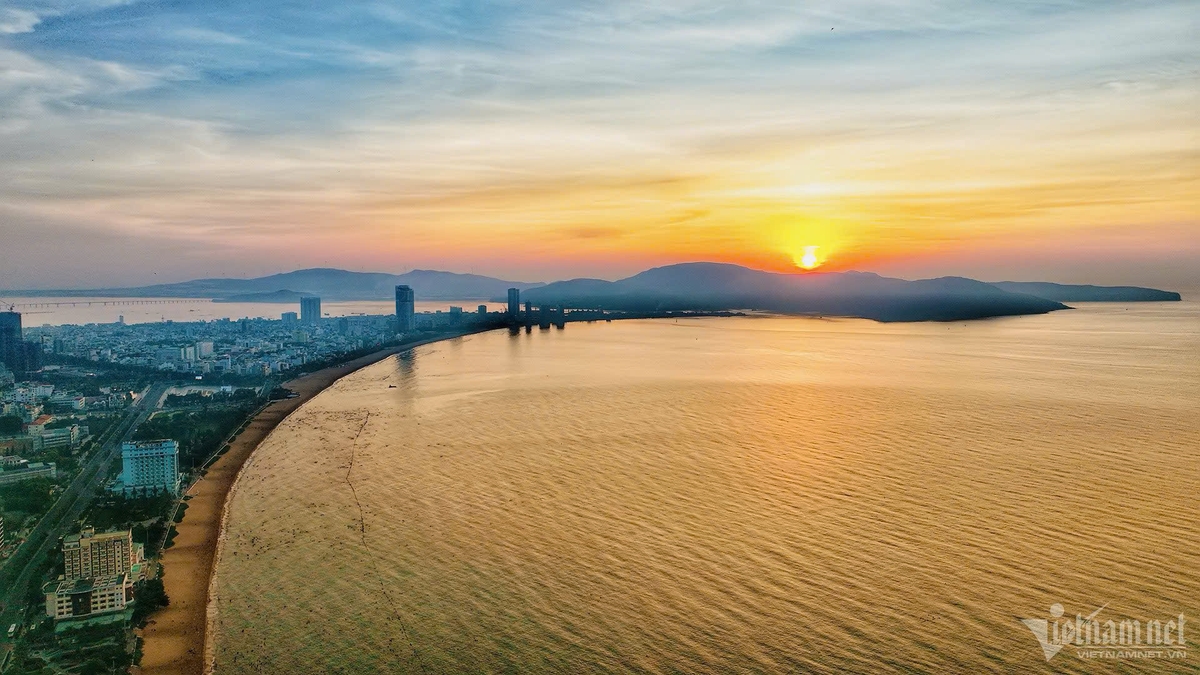
![[Photo] Award Ceremony of the Political Contest on Protecting the Party's Ideological Foundation](https://vphoto.vietnam.vn/thumb/1200x675/vietnam/resource/IMAGE/2025/10/22/1761151665557_giaia-jpg.webp)
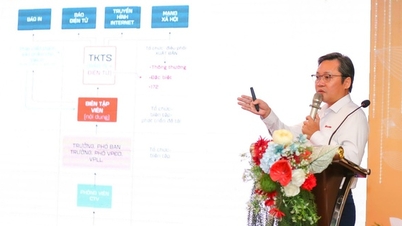

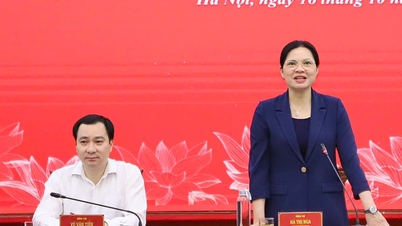

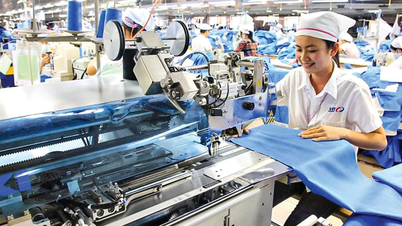



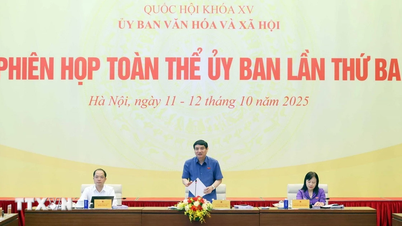



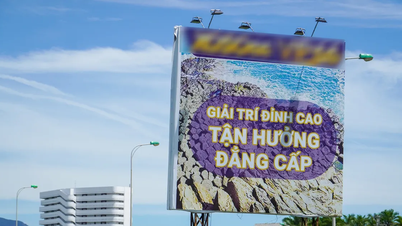
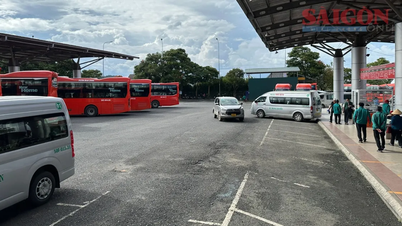
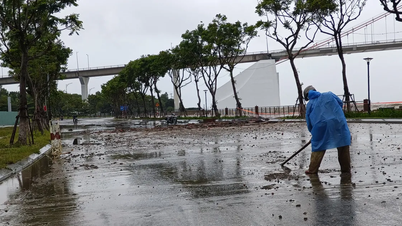
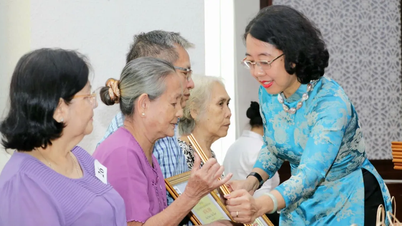
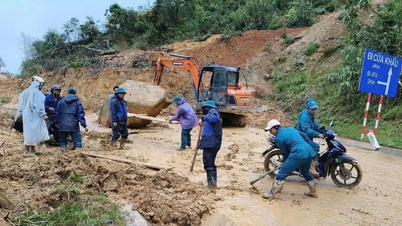
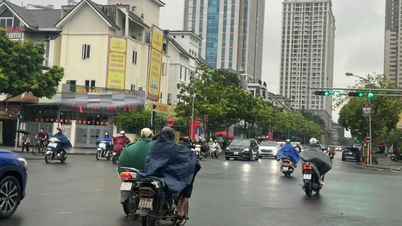




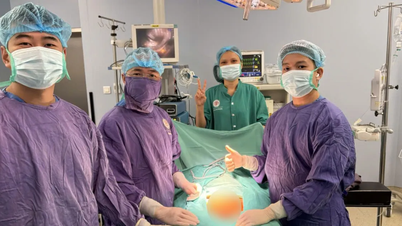
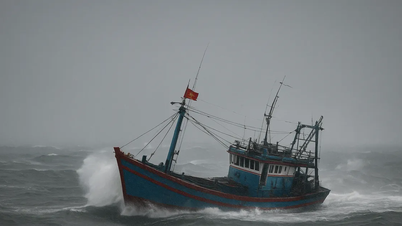
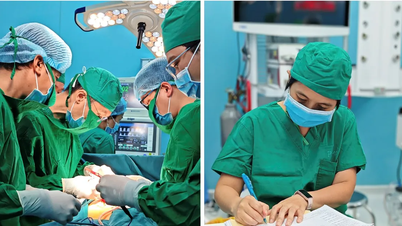
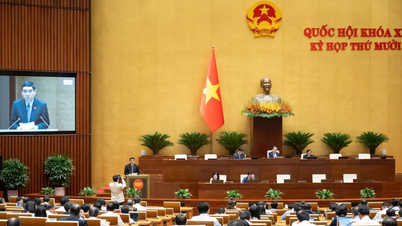
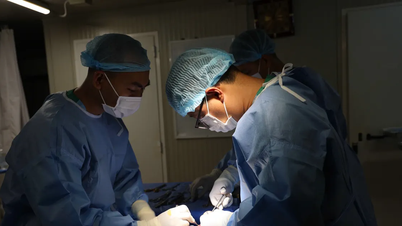
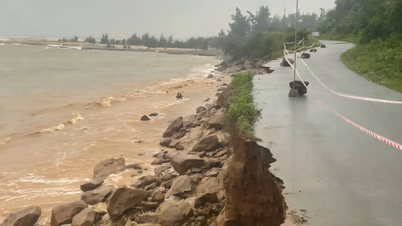















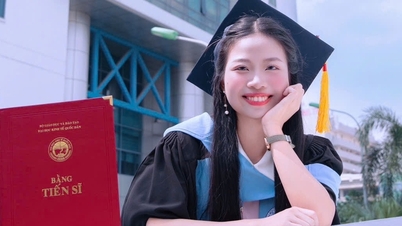

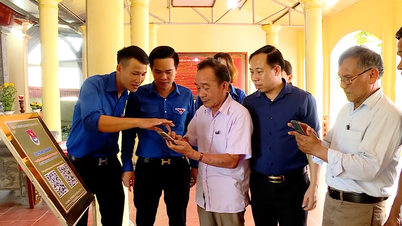







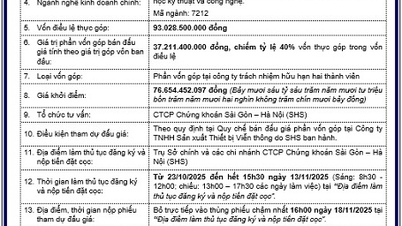
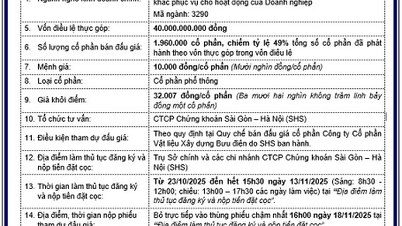












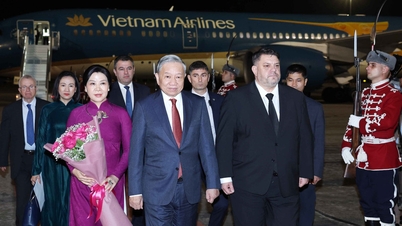



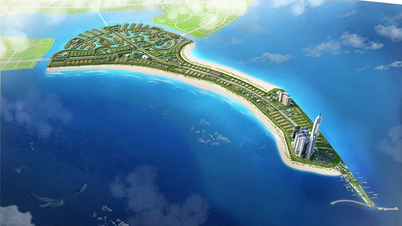


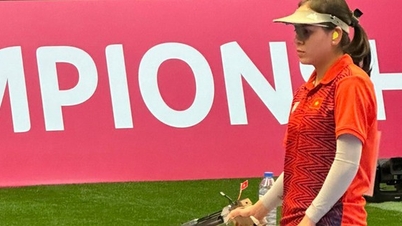
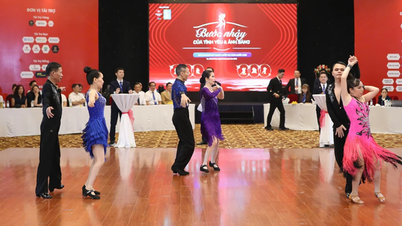
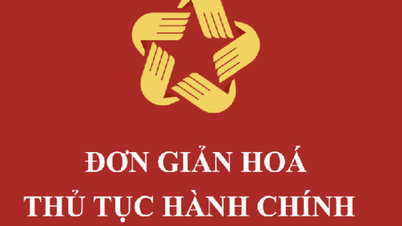
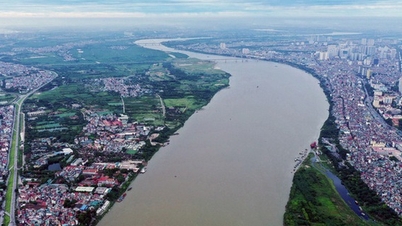
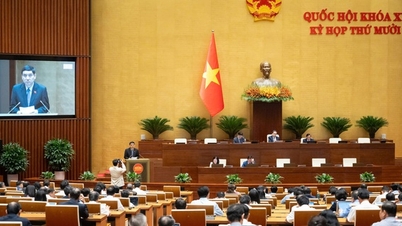
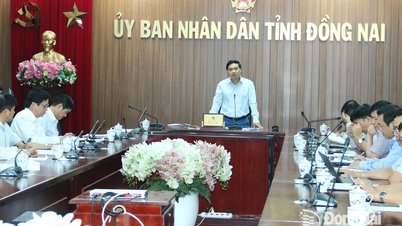
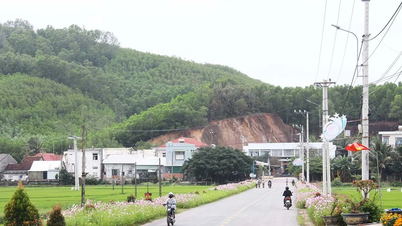

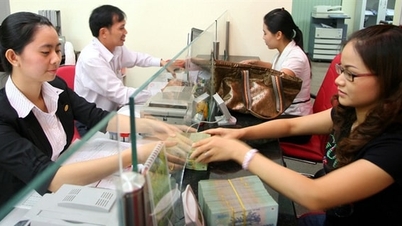
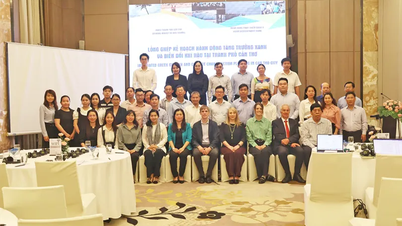

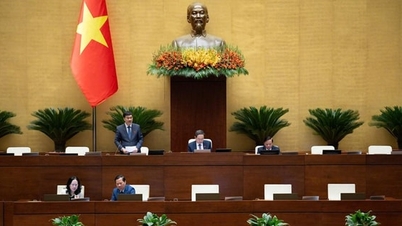
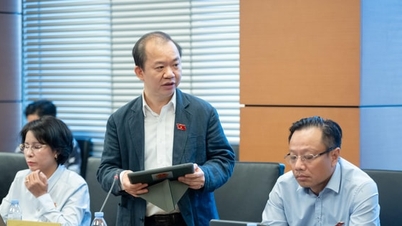
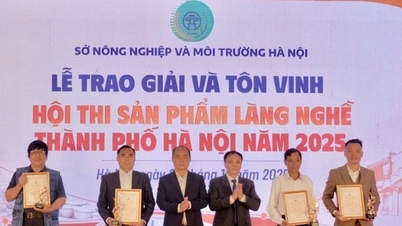









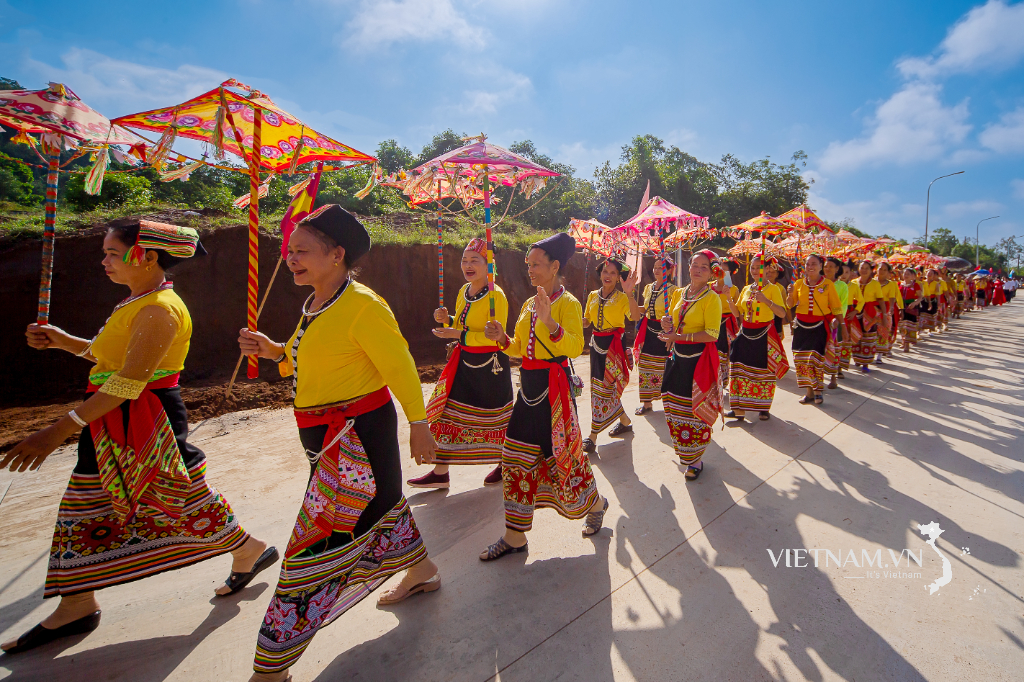


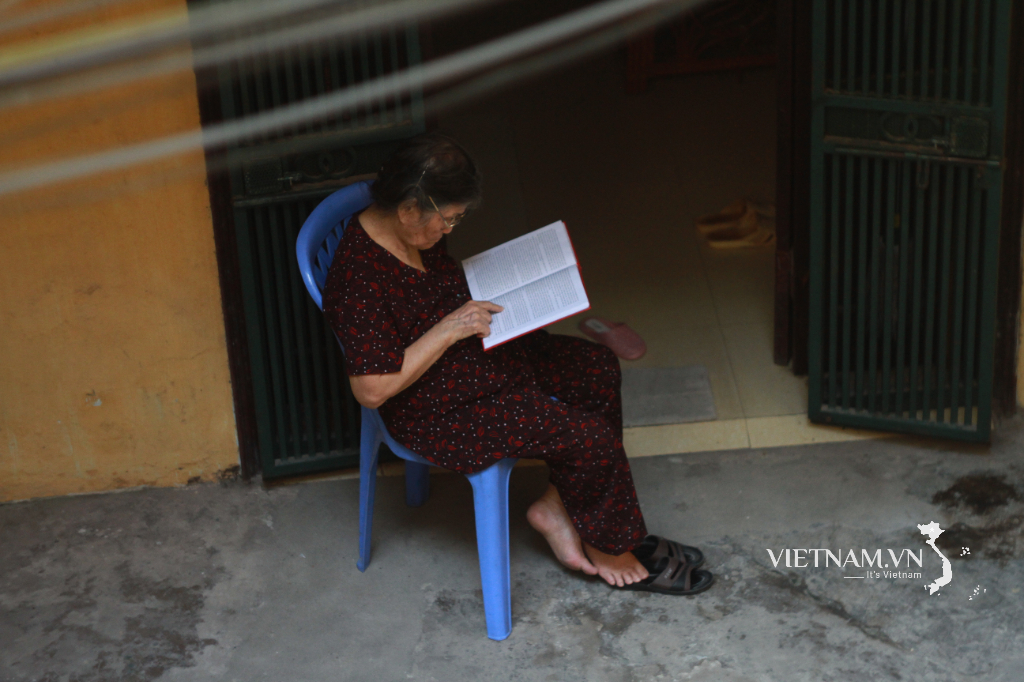
Comment (0)